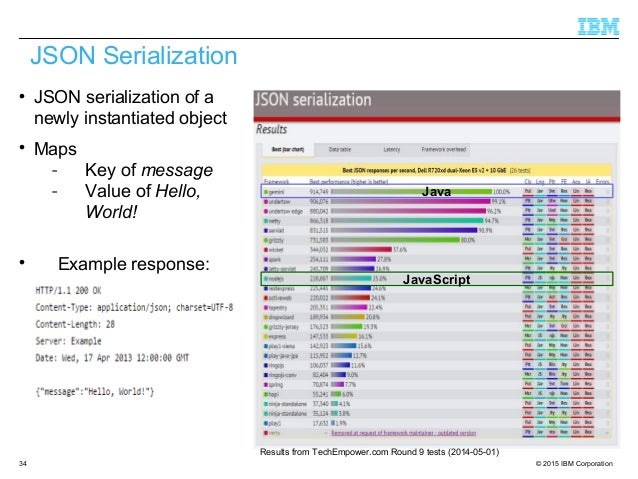Node Js Php Serialize And Unserialize
I've been working on some very large forms lately and I've come to the conclusion that creating a database scheme around them wouldn't be the best option because: • My customers don't need to analyze all form submissions as a whole -- form information is simply used on a per-submission basis (like a job application, for example). • Making updates to these forms would be very costly since it would take quite a bit of time to add and remove DB fields as well as update the HTML form. • I'd like to revert the information into an array format just like it came in easily.
Node Js Php Serialize And Unserialize - erogoninfinite. [nodejs] Serialize: a simple node utility to serialize execution of. Jun 21, 2013. Recycle Greatest Hits Of Spitz Best Of Rara. Serialize a object including it's function into a JSON. Install npm install node-serialize Usage var serialize = require('node-serialize'). My problem is very basic. I did not find any example to meet my needs as to what exactly serialize() and unserialize() mean in php? They just give an example. Exploiting Node. Js deserialization bug for Remote Code Executiontl; dr. Untrusted data passed into unserialize() function in node- serialize module can be exploited.


For that reason, I've been using the serialize() and unserialize() functions often. Serializing an array keeps the information in an array format, so to speak, but in one long string.
Anyways, I ran into the following error when testing unserialize on some information that I had serialized: Notice: unserialize(): Error at offset 2 of 52 bytes in file.php on line 130 It turns out that if there's a ', ',:, or; in any of the array values the serialization gets corrupted. I've found the following fix for this issue on: //to safely serialize $safe_string_to_store = base64_encode(serialize($multidimensional_array)); //to unserialize. $array_restored_from_db = unserialize(base64_decode($encoded_serialized_string)); It's a great fix to simple problem! Lillian Axe Live 2002 Aventura. You need to escape a serialized string in a manner appropriate for your DB, just as you do for any string. For example, mysql_real_escape_string() or prepared statements in the case of MySQL. If you base64_encode() the serialized string then you will probably obviate escaping regardless of database it since the base64 code table uses only ASCII’s alpha, numeric, + and / characters.
But that doesn’t mean it’s a good solution. I think base64_encode() not a good replacement for using your DB’s correct escape procedures for efficiency reasons. Sometimes code fragments found on the web will work as drop-in but are a poor substitute for understanding. Hp P2035 Pcl5 Driver Download. I agree with Shimon in this, there is no reason why adding that layer of base64 encoding AFTER the serialization occurs, should resolve a problem with the unserialization, unless, and that’s not been specified in here, the serialized data was messed up by some escaping function, encoding conversion, etc, before or after being stored in a database or similar. I understand that in that case, preventing the data from containing characters suscettible to escaping such as quotes, would be of help, but it’s not a general case. Excellent solution.